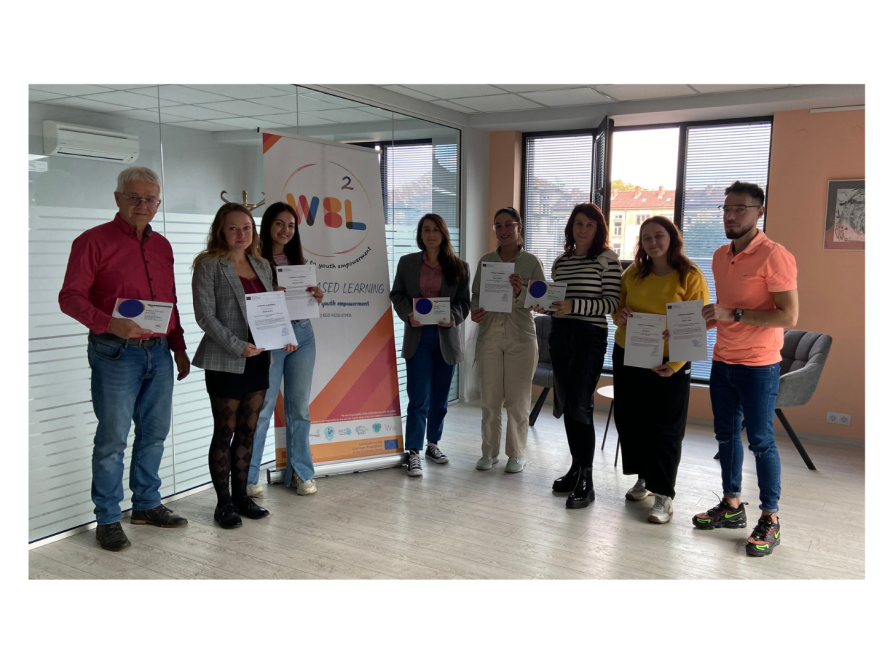In today’s fast-paced and increasingly digitized world, digital skills have evolved from being a mere advantage to an absolute necessity in both professional and everyday life. However, not everyone has the opportunity to easily acquire these essential skills, resulting in a growing divide in the workforce. The Empower Employees Project’s core mission is to identify and create targeted learning opportunities designed to close this digital skills gap in the workplace.
This initiative transcends mere recognition of the problem; it emphasizes the role played by SME management and digital skills trainers. SMEs, often the lifeblood of numerous economies, need to grasp the significance of enhancing the digital proficiency of their employees. By investing in upskilling their workforce, SMEs not only empower their employees but also fortify their competitive edge in the digital age. Digital skills trainers, in turn, act as catalysts for change, developing tailored training programs that meet the unique needs of both employees and employers.
Under this context the Empower Employees Project conducted a training activity in Rome, from October 15th to 19th, 2023. This Initiative brought together vocational educational trainers from across the EU and delved into the practical aspects, sharing best practices and guidelines from partner countries that SMEs can implement to boost the digital skills of their employees. The project seeks to provide a roadmap for SMEs, drawing inspiration from successful strategies employed globally.
One of the standout features of this initiative is the invaluable feedback and insights provided by the trainees themselves. Through discussions, reflections, and interactive sessions, trainees play a significant role in shaping the project’s direction and ensuring its responsiveness to the genuine needs and challenges faced by employees in SMEs.
As the Empower Employees Project continues to extend its reach and influence, it serves as an example of what can be achieved when the EU community collaborates to bridge the digital skills gap, one SME at a time.



